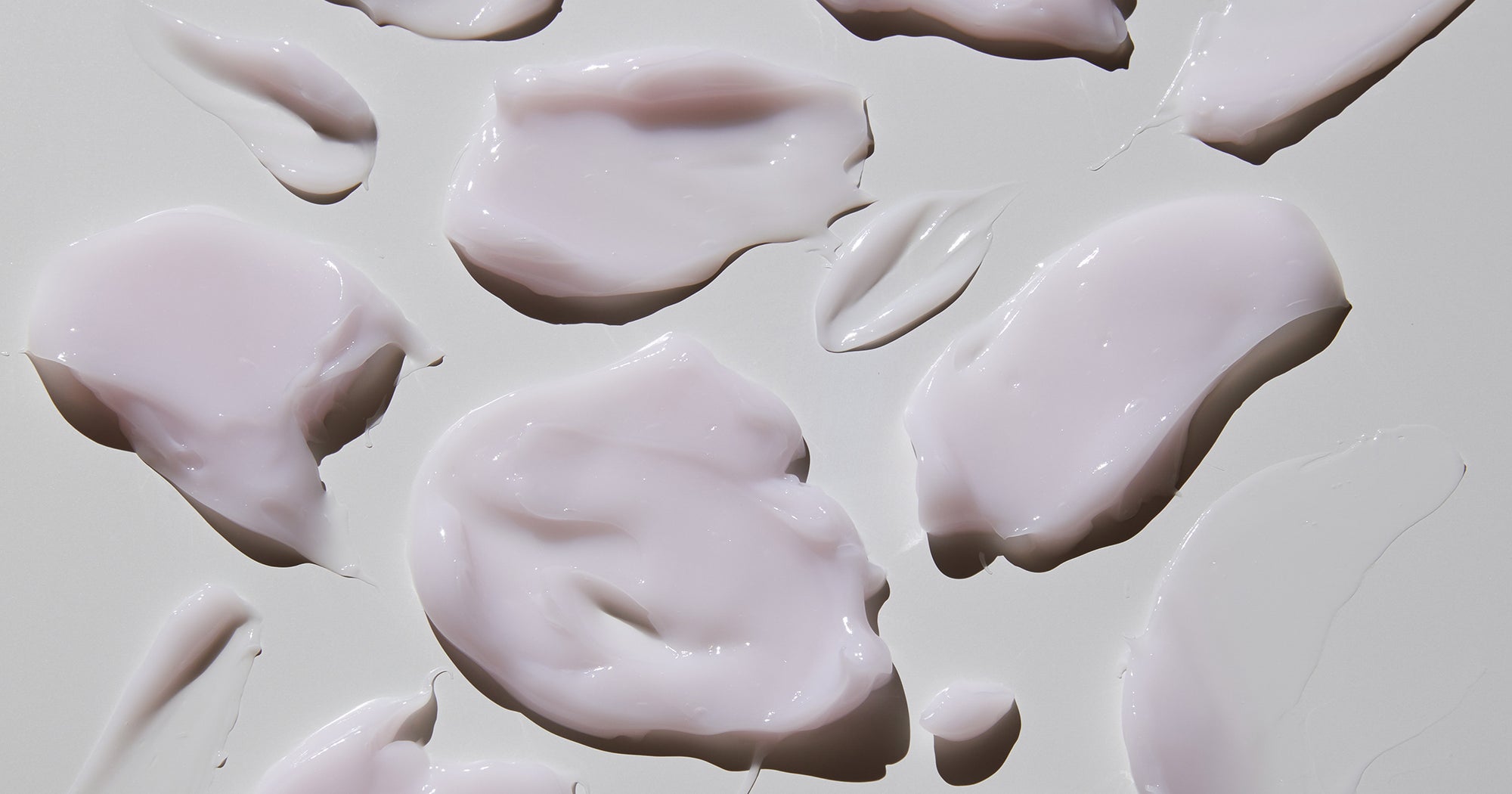Matthew Rankin’s film follows a handful of neighbours young and old as their lives intersect over the course of a few days in an imaginary Winnipeg lost somewhere between the Prairies and Tehran.Supplied
Universal Language
Directed by Matthew Rankin
Written by Matthew Rankin, Ila Firouzabadi and Pirouz Nemati
Starring Saba Vahedyousefi, Pirouz Nemati and Matthew Rankin
Classification N/A; 89 minutes
Opens in Winnipeg Jan. 24; Montreal, Quebec City and Vancouver Jan. 31; Toronto, Ottawa and Edmonton Feb. 7
Critic’s Pick
In Matthew Rankin’s audacious, imaginative and wonderfully weird new Canadian fairy tale, wild turkeys brazenly steal the eyeglasses of schoolchildren, Tim Hortons signage is spelled out in Farsi, the musical catalogue of Burton Cummings is recited by reverential Persian poets, and the fate of the entire world can be changed by the discovery of a 500-rial bill frozen under thick inches of ice. Welcome to the Winnipeg of Universal Language, which feels like the bastard love child between Guy Maddin and Abbas Kiarostami – and just might be one of the best films, Canadian or otherwise, that you are likely to see this year.
An absurdist comedy as dry and chilly as the Manitoba air, Rankin’s film follows a handful of neighbours young and old as their lives intersect over the course of a few days in an imaginary Winnipeg lost somewhere between the Prairies and Tehran. An easily frustrated grade-school teacher (Mani Soleymanlou) must survive the antics of his class, including the protestations of a student inexplicably dressed as Grucho Marx. An emotionless tour guide (co-writer Pirouz Nemati) wanders from one seemingly anonymous corner of the city to another, highlighting to a group of curiously intrigued tourists such historic sites as the bench where, some time in the ‘70s, someone forgot their briefcase. And two young girls (Rojina Esmaeili and Saba Vahedyousefi) run around their community desperately seeking the tools needed to crack the ice hiding a forgotten sliver of cash, which they believe will turn their fortunes around for good.
Initially, the vignettes – staged with the deadpan rigour of a Roy Andersson film, or maybe a long-lost Steven Wright one-liner whose punchline was lost in translation – proceed to only lightly bump up against each other, as if by pure happenstance. But the narratives gain an unlikely unifying thread once Rankin introduces a sad-sack bureaucrat character named, well, Matthew Rankin (played by, you guessed it, Matthew Rankin), who travels by bus from Montreal to Winnipeg in order to settle some vague family business. After encountering a stranger living in his childhood apartment, the very particular world of Rankin’s highly staged reality opens up, and every single one of the film’s many affectations – each deadpan beat and ironic twitch – clicks together just right to form something special.
Too many movies on your to-watch list? Here are the best films of 2023
Opening his film with a retro-stylized production logo for the (entirely fictional) Winnipeg Institute for the Intellectual Development of Children and Young People, Rankin tips his hat early on to the dominating influence of Kiarostami, the Iranian auteur whose first films were produced by a similarly named organization based in Tehran. But you don’t have to be an international cinema-studies scholar to grab a hold of the particularly homegrown universe that Rankin and his co-writers – Nemati and Ila Firouzabadi – have created.
Universal Language is a film flooded with sorrow and spirit, discombobulating surrealism and comforting sentimentality. If you can see the spirits of Kiarostami and Andersson in each frame – to say nothing of Winnipeg’s Guy Maddin, Helsinki’s Aki Kaurismaki, and Kiarostami’s own Iranian contemporary Jafar Panahi, especially the latter’s 1995 childhood drama The White Balloon – then it all gains a slight edge. But only just. This is a film as indebted to its influences as it is singular in its Venn Diagram-like compression of them into something new and startling.
This isn’t the first time that Rankin, a native Winnipegger who now calls Montreal home, has sought to carve out a kind of imaginary Canada. Yet there is both a grander ambition and an admission of cultural humility to Universal Language compared with the director’s debut feature, 2019’s The Twentieth Century, which imagined the life of Canadian prime minister William Lyon Mackenzie King through the prism of German Expressionism (again, no academic bona fides are necessary to enjoy the wild ride).
After developing a fascination with Iranian cinema as a teenager – going so far as to move to Iran with the naïve hope of studying film there – Rankin comes by his artistic inspirations honestly, although he has admitted to speaking Farsi better in the film than he does in real life. Yet in remaking the Winnipeg of his youth to fit his nostalgic memories of Persian auteurs, Rankin also tacitly acknowledges that he’s an outsider, importing one culture into his own fantasyland.
As Universal Language’s footprint expands beyond Canadian-cinema borders – it’s currently on the short list for this year’s Best International Feature Film Oscar – accusations of appropriation are bound to be lobbed its way. But the film seems to have been built in anticipation of such charges – Rankin’s Winnipeg exists in one place and one place only: his wonderfully wry mind. It is a destination well worth the visit.














